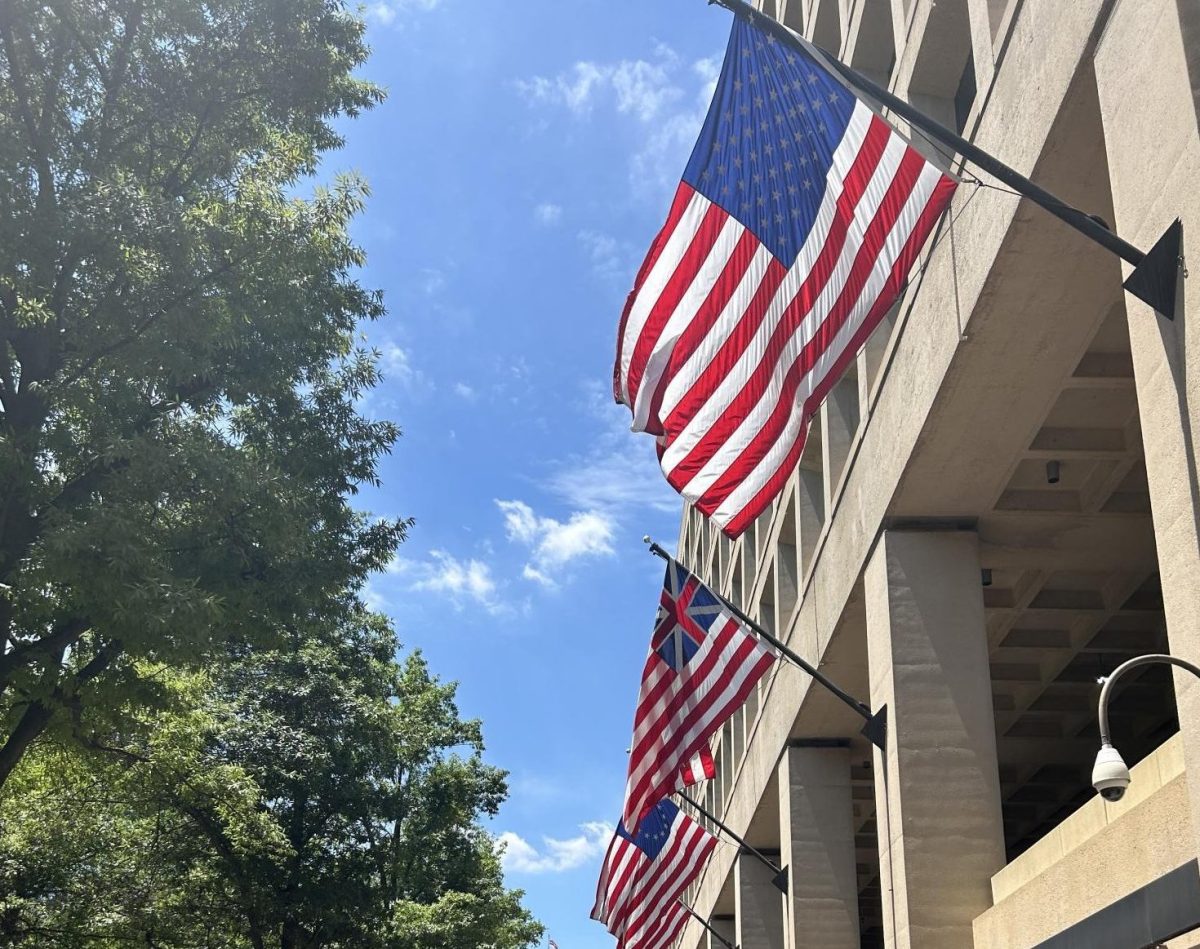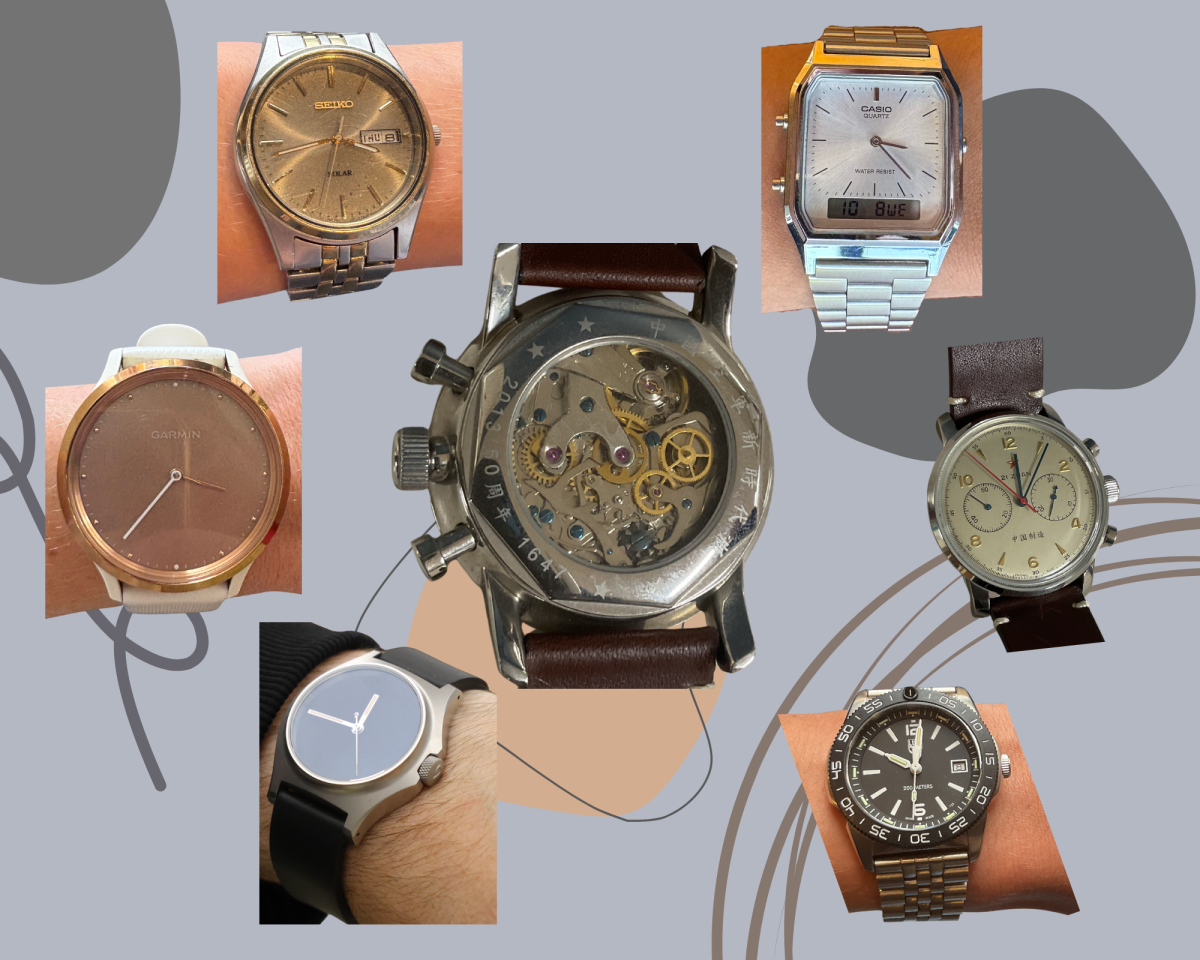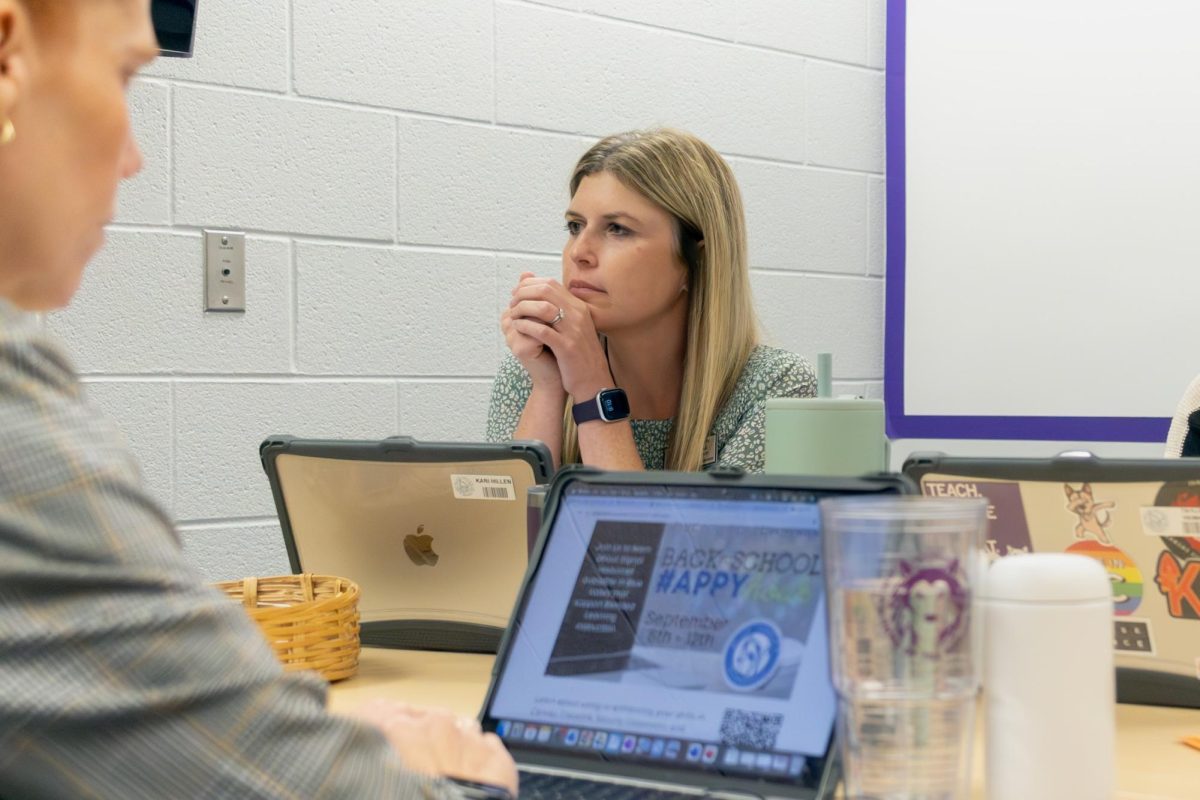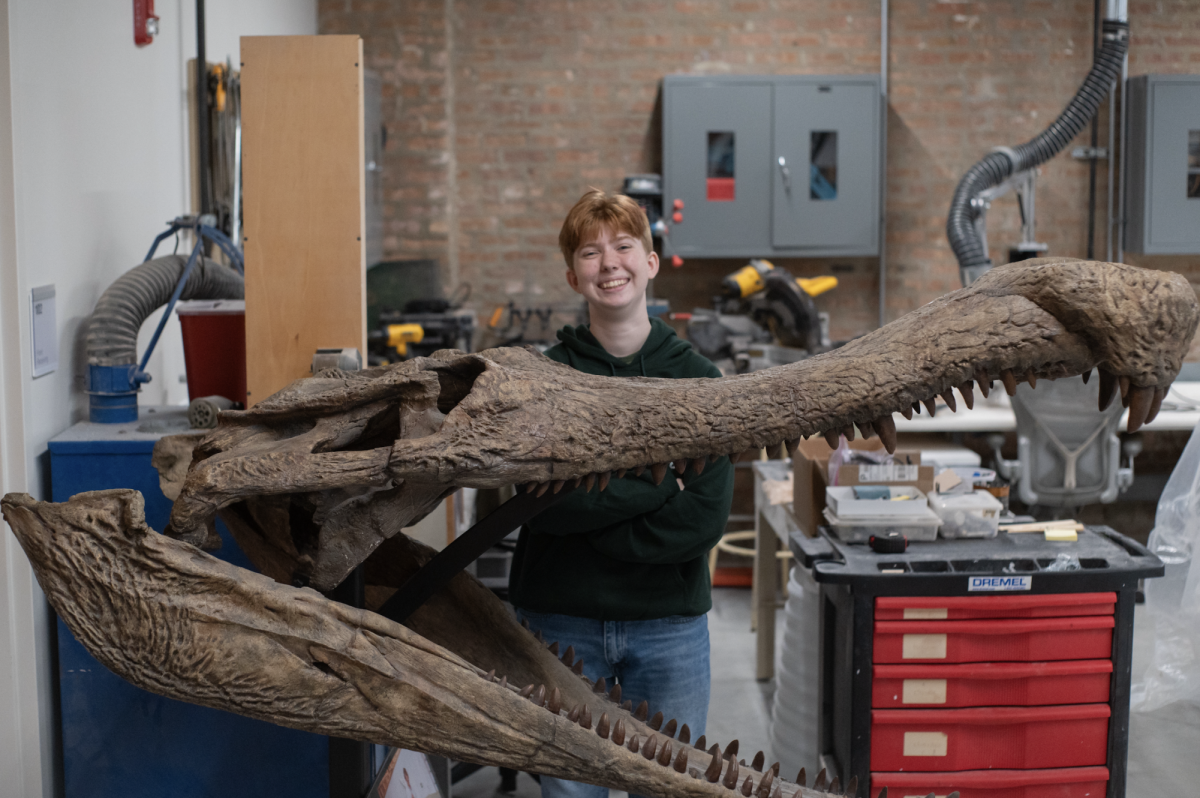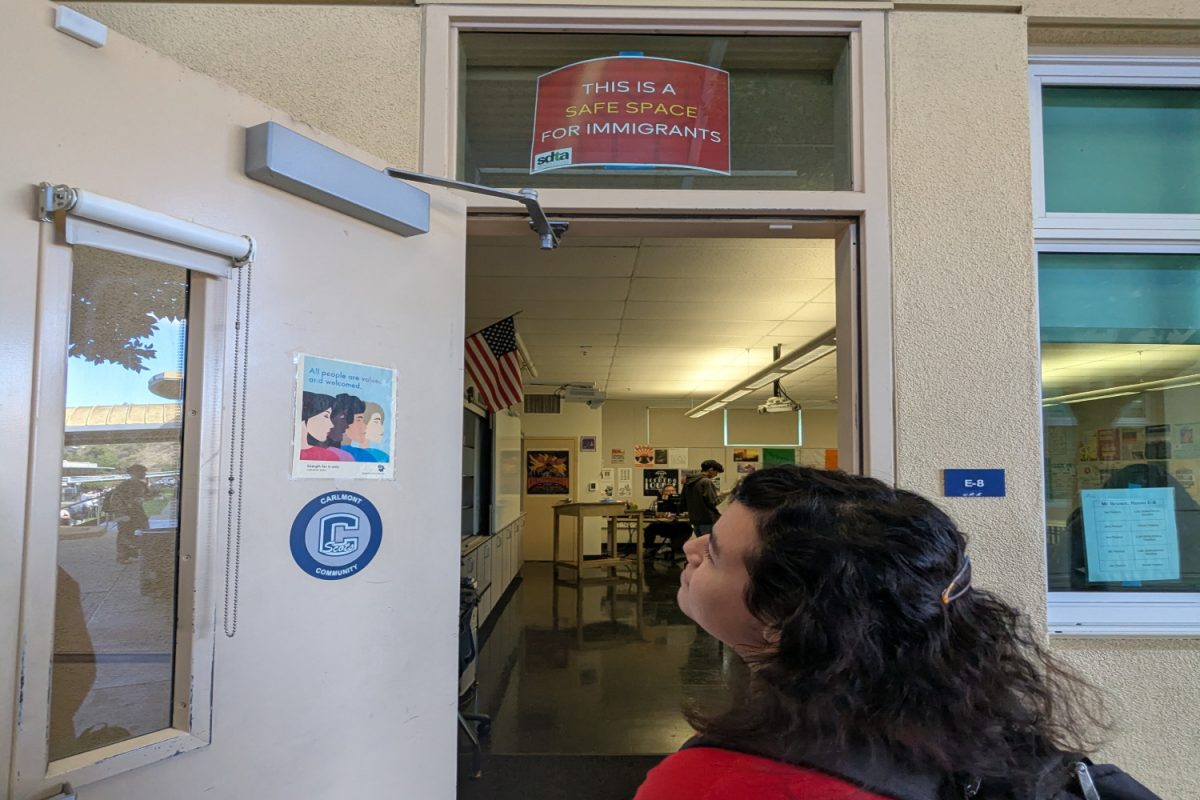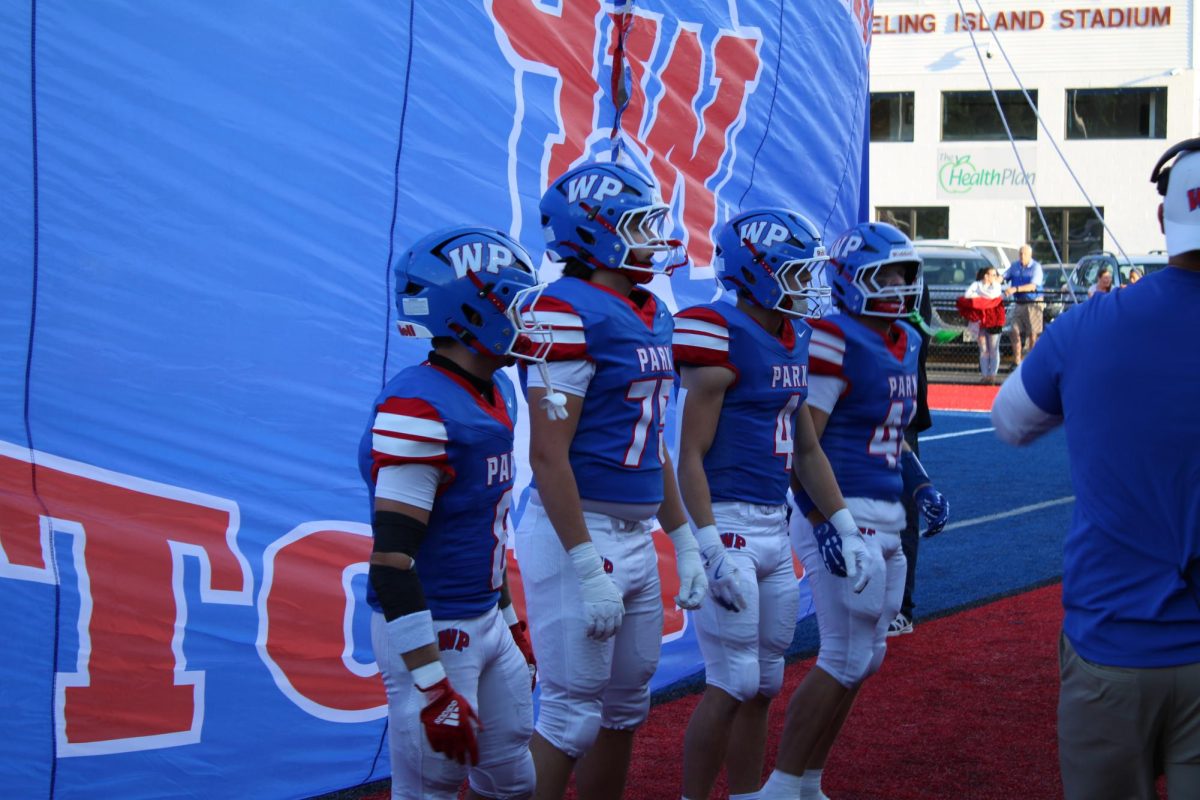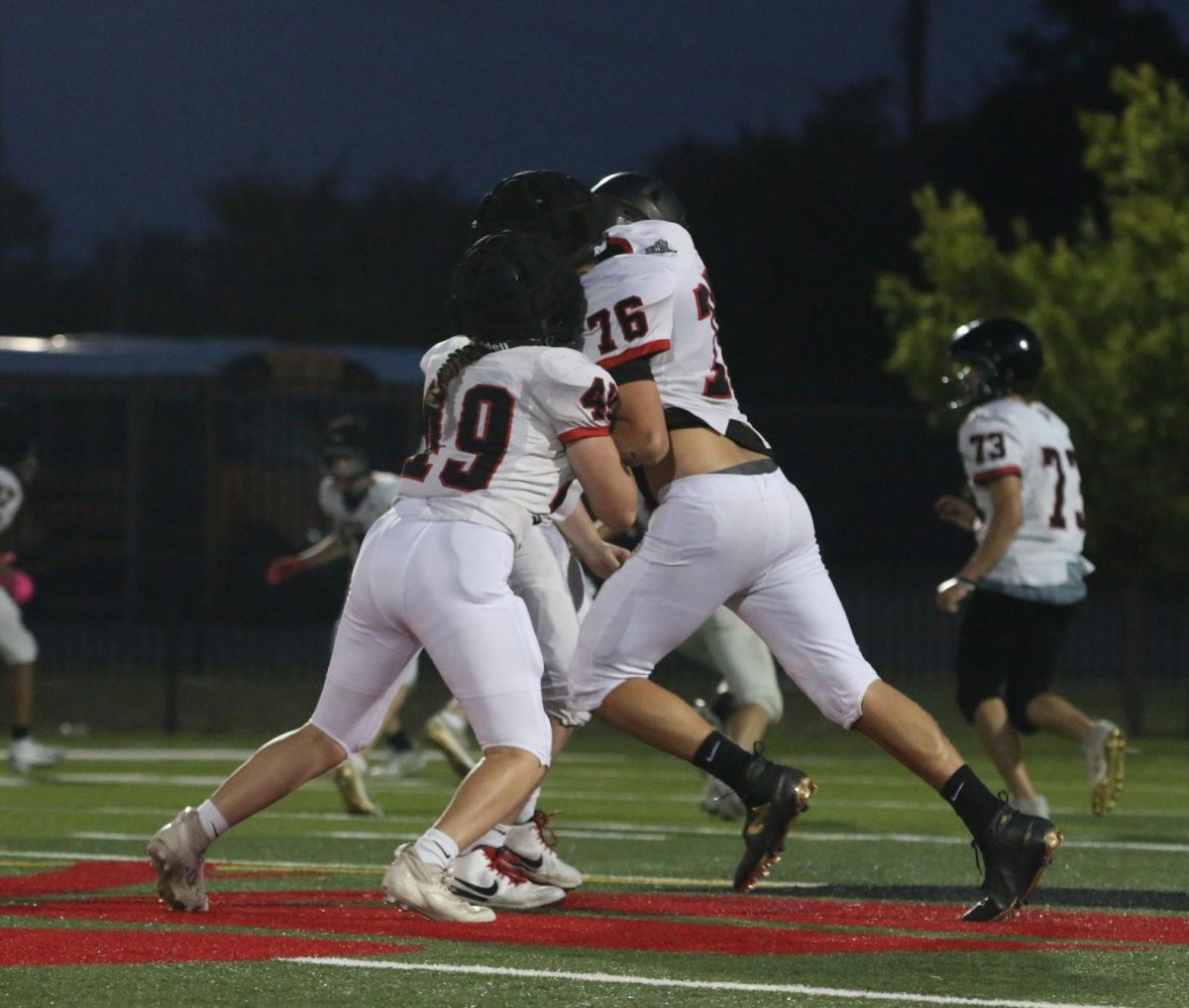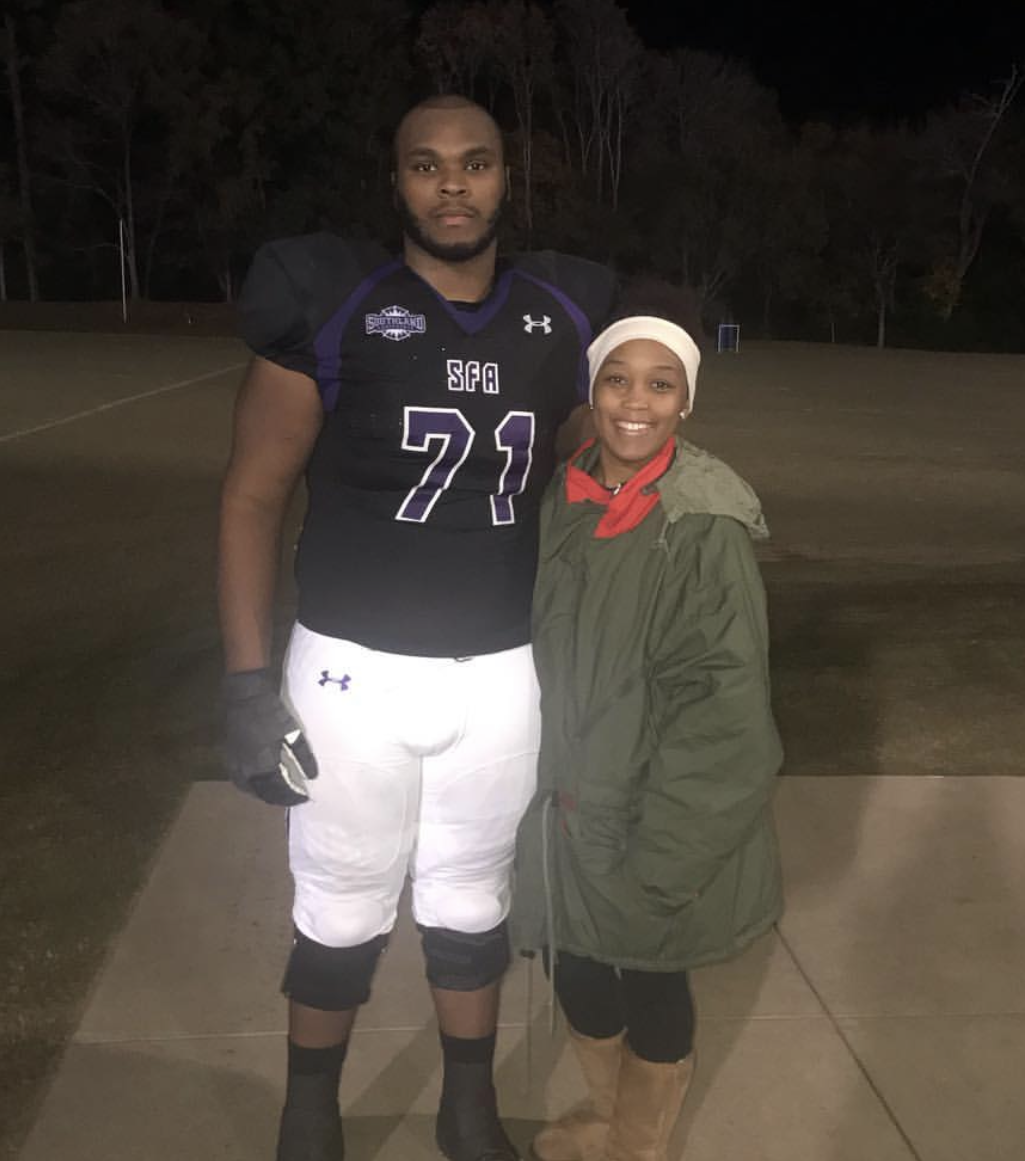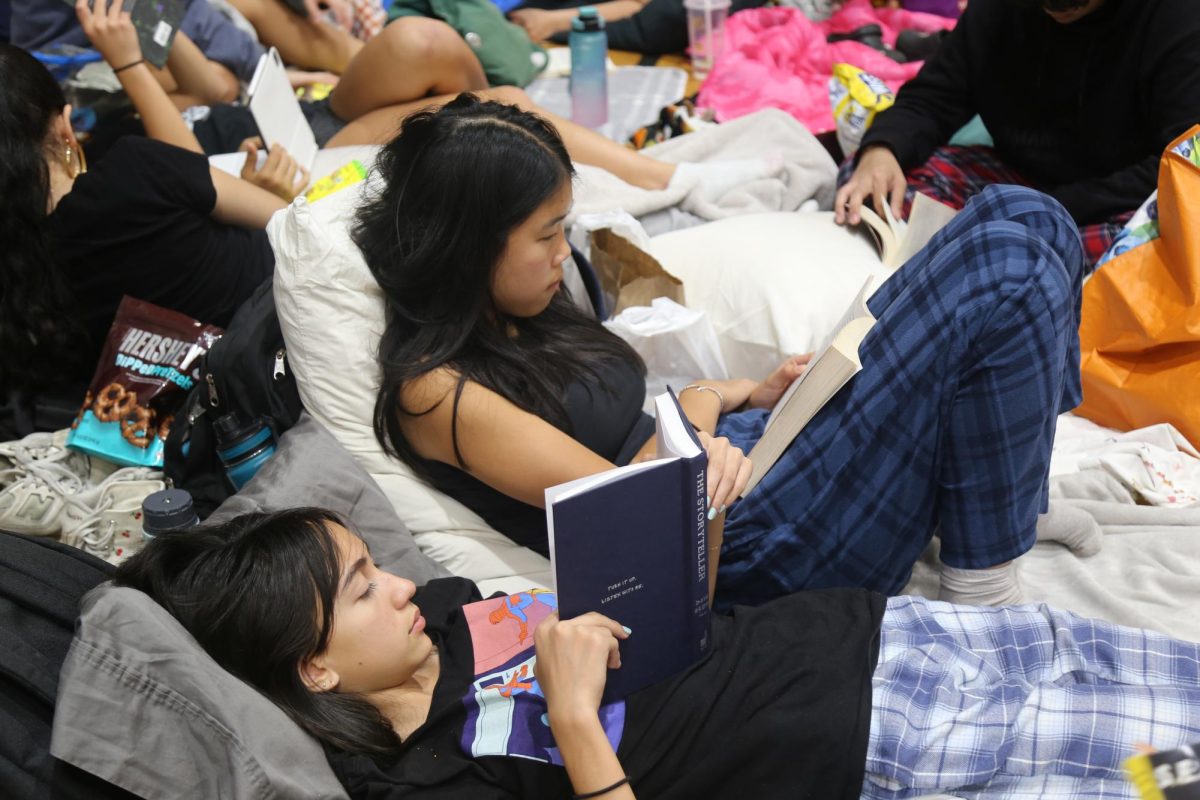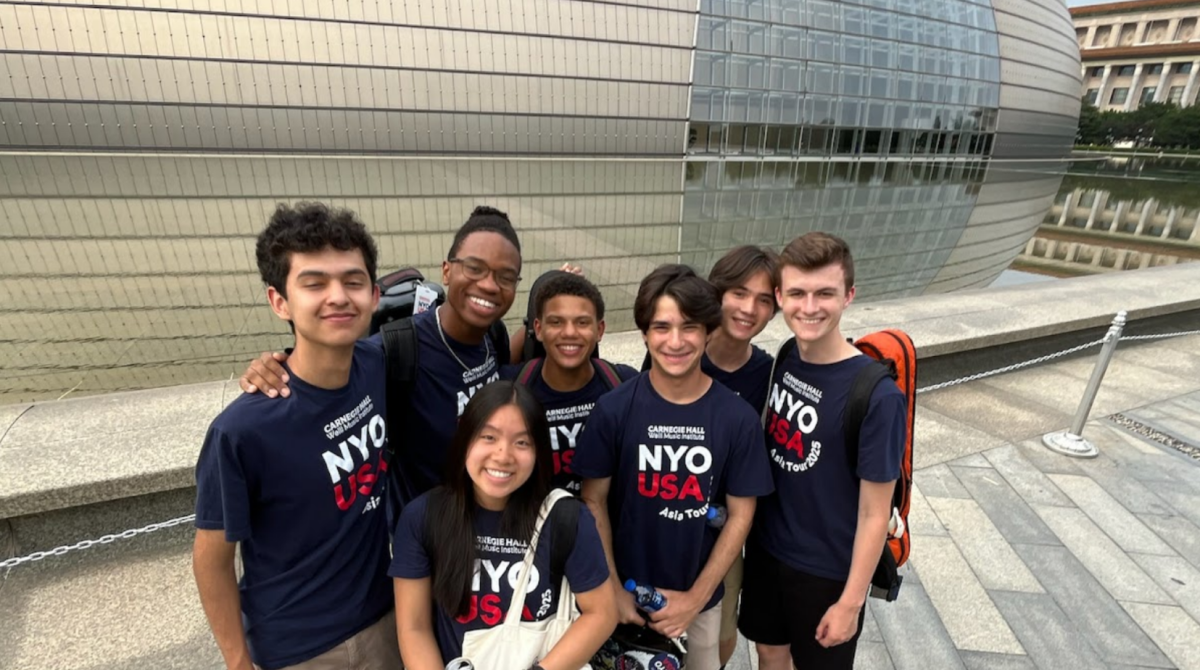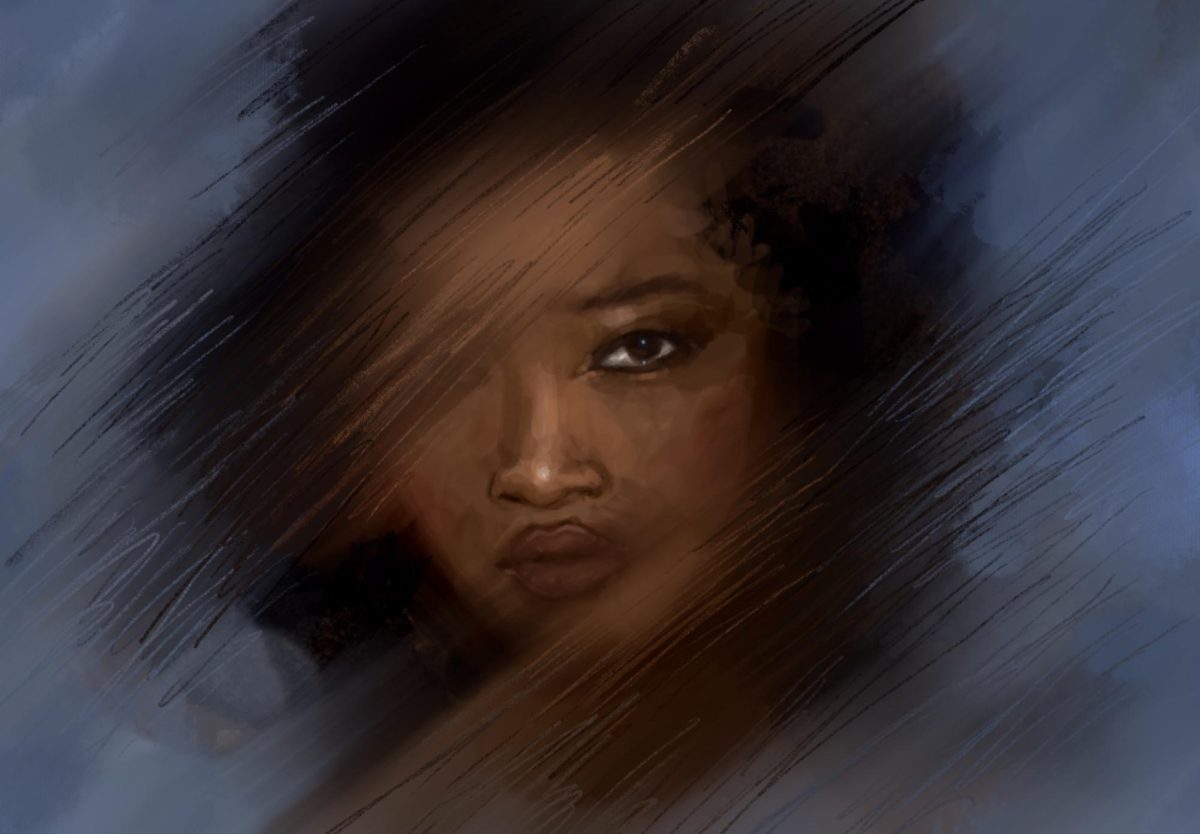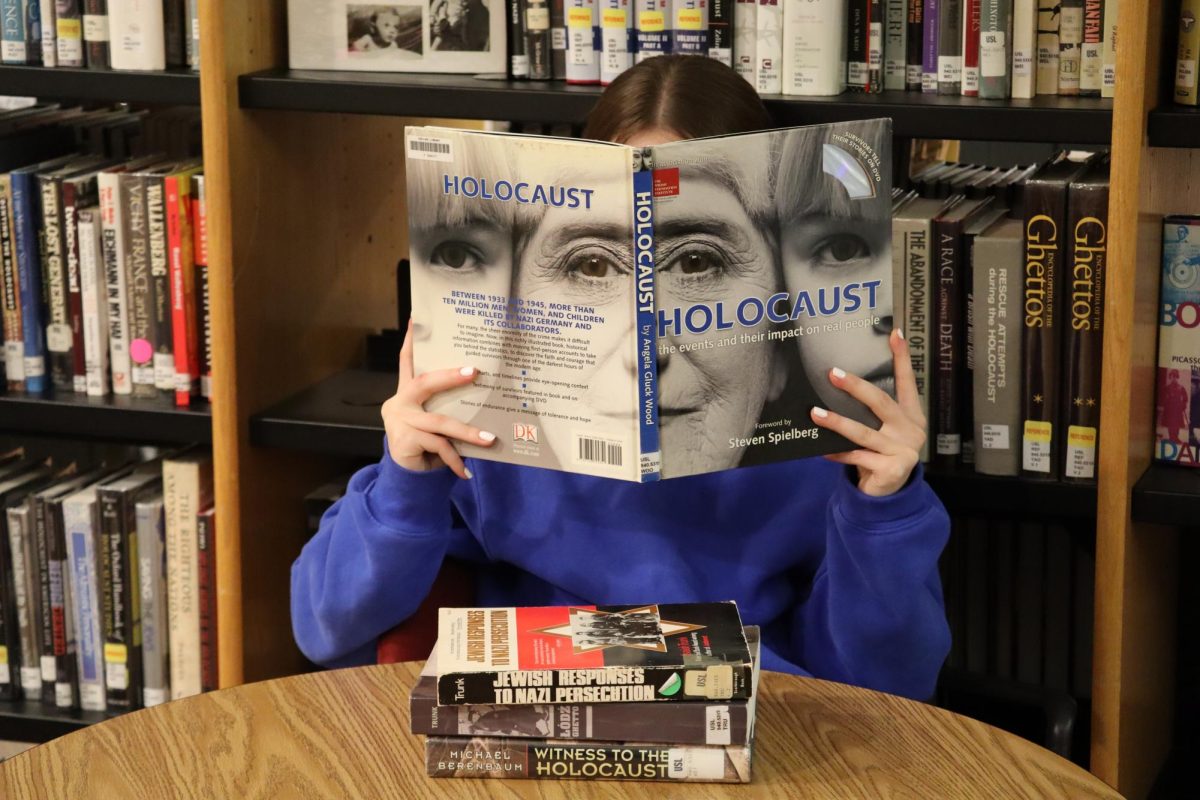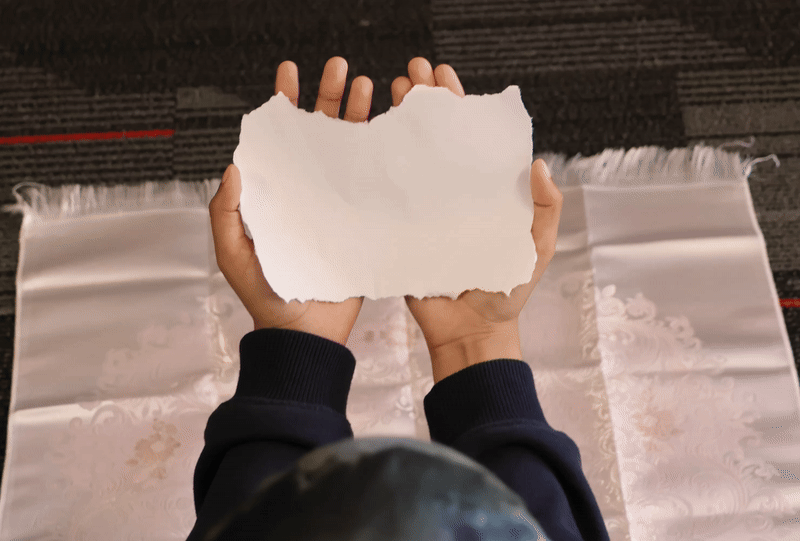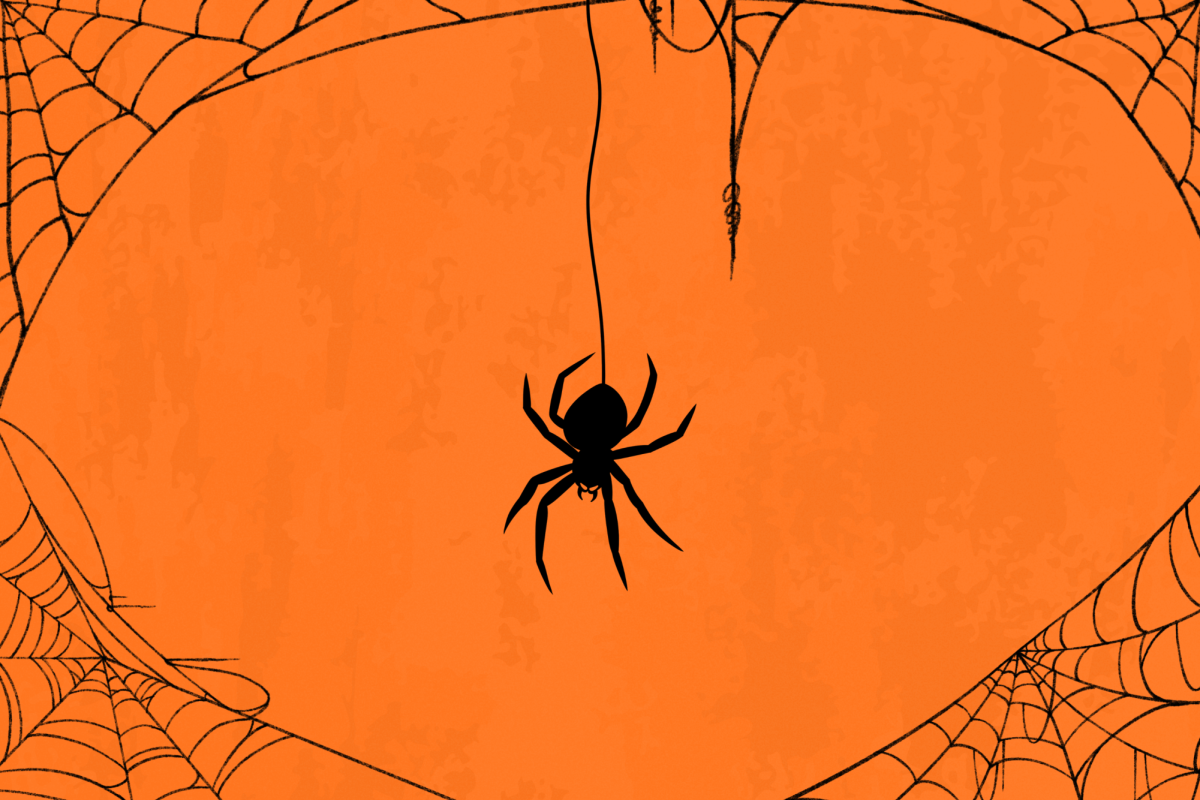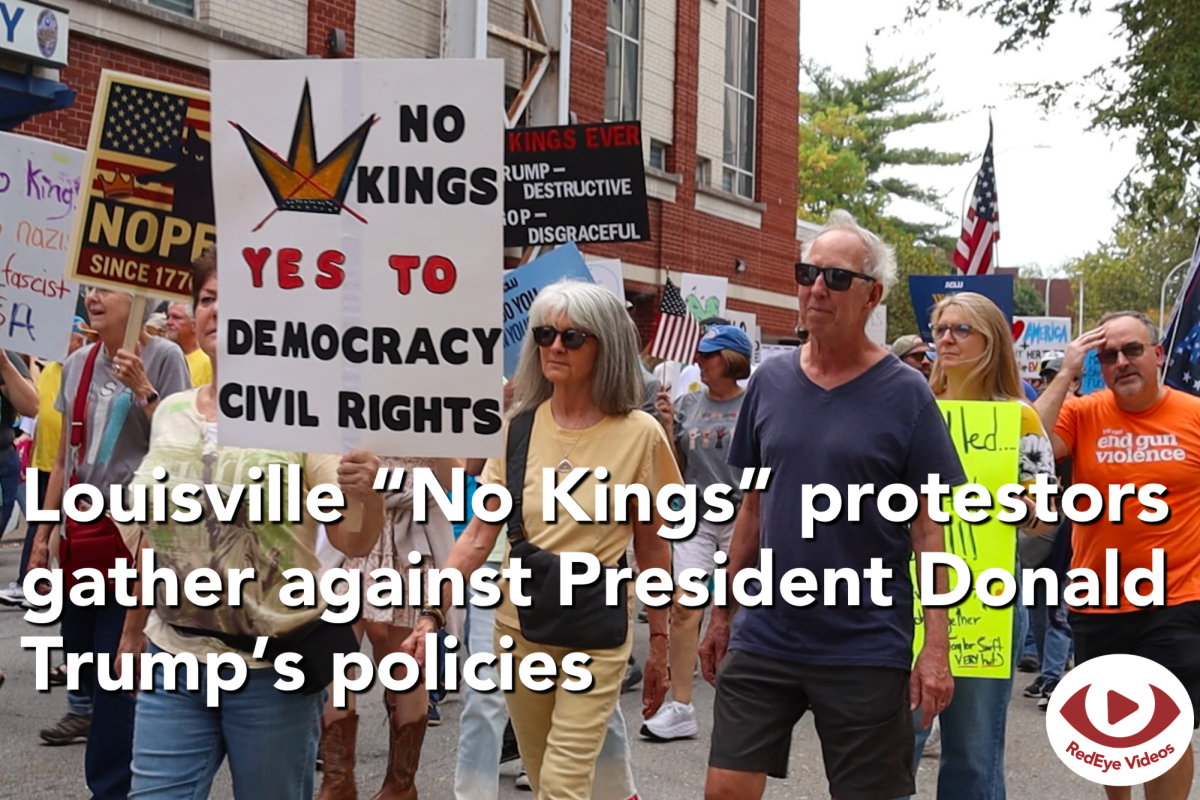It was a typical day in seventh grade, and as the bell rang loudly over the speaker system, I walked towards my history class, unsure of what topics we’d be discussing that day. When I found my seat and directed my attention to the board, I saw it. In huge, bold letters on the slideshow, it read: “THE HISTORY OF SLAVERY IN THE U.S.” I sighed, knowing what would come: the ignorant jokes, pointed stares and uncomfortable questions.
At first, things seemed fine. No one looked at me strangely as the teacher began. Then, my classmate turned his head and asked, “Hey Dinah, how does it feel to have grandparents who were slaves?”
My face burned hotly as I flooded with shame, embarrassment and humiliation, but only one emotion stood out to me as odd: utter confusion. At the surface level, this was blunt racism, pushing past those thin layers, there was a hidden underlying issue: cultural erasure — the suppression of a cultural group’s heritage driven by dominant cultures through neglect.
At school,“Black” and “African American” are synonyms, but they actually hold historical distinctions. An African American is a Black individual with American ancestry, primarily descended from slaves in the U.S. A Black American, on the other hand, is a term used to encompass a global identity, including individuals of African descent from various regions.
As a child of two proud Ethiopian parents, I am a Black American. Still, throughout my life, classmates and teachers have often put me into a box that wasn’t mine. Growing up in my household, my family rarely acknowledged race. My family and I knew that outside it was impossible to ignore, but inside our home, we left those inequalities at the door. I grew up with traditional Ethiopian values and beliefs: respecting your elders, having religious faith, and most importantly, modesty, yet the external world constantly expected me to embody an identity that didn’t fully represent me.
In my freshman year of high school, this tension became clearer when I joined my school’s rowing team. At first, I saw no issue with how my teammates joked about my race. In fact, I played into the stereotype entirely, making what was typically a serious issue into a lighthearted one. They’d call me their “Black queen,” save my contact name in their phones as “My favorite slave” or make other jokes that pointed me to a culture they assumed was mine. In all honesty, I always laughed with them. I tried not to care at the time. I was grateful to belong and used to brushing things off.
As I’ve grown older and started to think more seriously about my identity, I’ve realized that the treatment I once tolerated wasn’t so harmless. Going along with these jokes didn’t protect me or my friends — it encouraged the cycle of cultural erasure. It encouraged people to see only one version of “Blackness,” while erasing the individuality of people like me.
It all came to a head when my team and I traveled to Canada for a regatta. On the van ride, my teammates wanted to blast music from the speakers. At the time, we were really into artists like Drake and Kendrick Lamar, who often referenced racial slurs in their music. The girls started playing “Not Like Us” by Lamar, a then-trending song that included racially-targeted language like the N-word or “slaves.” Every time the artist said the N-word in the song, my teammates would say my name in its place. Though American culture has unfortunately associated that slur with Black people, people in Ethiopia rarely use or mention it. Its meaning exists almost entirely within American history, not my own family’s background.
As they continued singing, I awkwardly smiled with them, but when they sang Lamar’s line, “Homie still doubled down callin’ us some slaves,” as “Homie still doubled down callin’ us some Dinahs,” a light switched on inside my brain. I realized the situation escalated from a microaggression to definite racism, and I felt unheard. What made it even more confusing was that the insult wasn’t just racist, it singled out the wrong person. A stereotype that didn’t even apply to my identity targeted me. They weren’t mocking me not for who I was, but for who they assumed I was. That strange disconnect, people attacking me and misidentifying me at the same time, just felt wrong. I also recognized that my silence enabled that behavior to continue, and even if I didn’t immediately process their words as an attack, the disrespect was real — it contributed to a culture that disregards African American background, identity and dignity. My laughter and agreement had only hidden the weight of the issue.
The African American community is powerful and has represented and continues to represent a long history of struggle and resilience — strengths that I deeply respect and admire. However, being Ethiopian means I carry a different cultural perspective alongside that larger racial identity. When people make the assumption that I share the exact same experiences or struggles as African Americans, it unintentionally erases the unique history and challenges that the community has faced in this country. It undermines generations of systemic oppression, resistance and civil injustice that are specific to African American life: experiences that, while I empathize with, are not my own to claim.
Although teaching American history is essential, schools can start broadening their approach to teaching Black history, educating youth not just about African American narratives, but also the stories of Afro-Caribbean, African immigrant and other diasporic communities. Teachers can invite and encourage students to share their cultural backgrounds, not just on heritage days or months, but as a part of routine learning. Students can practice curiosity without assumption: asking, listening and understanding before labeling.
My experiences, though challenging to overcome, have taught me that being Black is only a part of who I am. My Ethiopian identity, with its own traditions, values and history is just as important, even if the people around me have to squint to see it. How long will it take before we entirely wipe out ethnic individuality? Refusing to acknowledge what makes us different erases our uniqueness. Stereotypes may make me feel unseen, but they also strengthen my determination to claim my full identity — I am a proud Black American and Ethiopian, and that is a heritage I will never let anyone rewrite.
This story was originally published on The Black & White on October 23, 2025.


